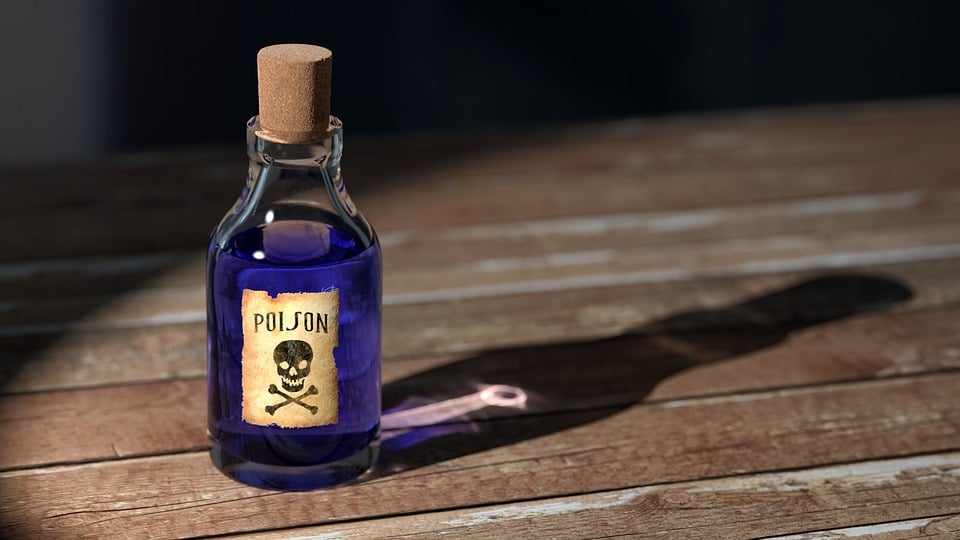The third week of the month of March of each year is National Poison Prevention Week. The week is dedicated to raising awareness about the risks of poisoning and highlighting ways to prevent it.
Here are some tips for protecting yourself and your family from the risks of poisoning:
- Store potential poisons, such as medications, chemical products, and detergents, in a safe place in the house such as in a shed or the garage. Make sure that the storage area is safely locked.
- Store potential poisons in their original containers. If you can avoid it, do not transfer them to other receptacles such as milk jugs or soda bottles. If you must transfer them to other containers, make sure that they are properly labeled.
- Store potentially poisonous substances in a separate cabinet. Do not store them together with other products; children might get mixed up and reach for the wrong product.
- When using poisonous substances, keep your children in sight at all times. Immediately after use, return the products to storage.
- Properly discard all household products and medications that are old or expired. Put them in a sealed trash receptacle outside the house. Make sure that the receptacles are out of the reach of children.
- When cleaning the house, do not mix products, especially chemicals. This could produce harmful fumes.
- Keep medications and vitamins in child-resistant containers.
- Keep indoor plants away from children. Otherwise, they may chew on the leaves, not realizing that the plants may be hazardous to their health.
- Keep members of the family away from areas that have been sprayed with insecticides or fertilizers.
Poison from natural disasters
You should also be mindful of poisonous substances in the wake of natural disasters. Floods, hurricanes, or house fires could release chemicals that could be harmful to health. In these situations, it is critical to be familiar with the signs of poisoning, such as difficulty breathing or speaking, unconsciousness, foaming or burning of the mouth, cramps, nausea, and vomiting. If you suspect that someone has been exposed to poison, you should immediately call your local poison control or emergency medical service.

